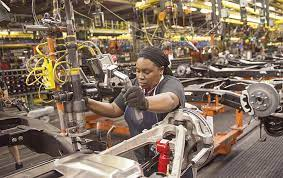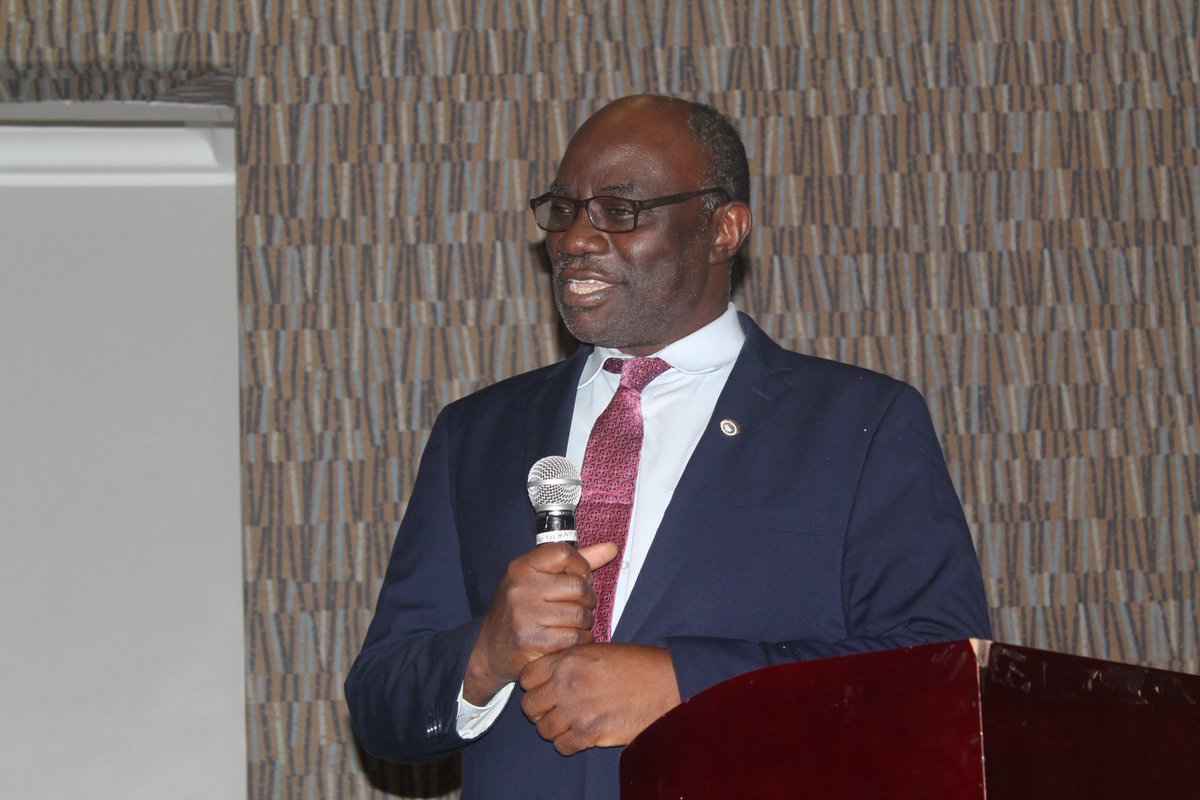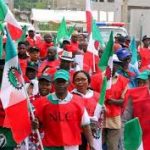Nigeria’s manufacturing sector faces an existential threat as rising energy costs continue to drive up production and logistics expenses. The sharp increase in electricity tariffs and fuel prices has manufacturers on edge, with the sector teetering on the brink of collapse.
Over the past year, petrol prices surged by 430%, and electricity tariffs for Band A consumers increased by 212%. On April 3, 2024, the Nigerian Electricity Regulatory Commission (NERC) approved an electricity tariff hike for Band A customers, raising rates from N66/kWh to N225/kWh, later reducing it to N209/kWh. This increase has dealt a heavy blow to manufacturers, who have long raised concerns about the rising cost of energy.
The Manufacturers Association of Nigeria (MAN) has expressed its dissatisfaction, describing the tariff hikes as detrimental to economic growth. In response, MAN filed a lawsuit against NERC and electricity distribution companies (DisCos) at the Federal High Court in Lagos, challenging the legality of the tariff increases. MAN argued that the DisCos did not follow the due process for tariff reviews and that targeting only Band A consumers was discriminatory.
However, in a major setback for manufacturers, the court dismissed the case on October 7, 2024. The court ruled that MAN’s lawsuit was premature, stating that the association had not exhausted the available dispute resolution mechanisms under section 51 of the Electricity Act 2023. The court further declared that the suit disclosed no reasonable cause of action and was thus struck out.
The court’s decision leaves manufacturers grappling with high production costs, which could lead to low sales, increased unsold inventory, and potential business closures. The sector, already strained by inflation, high energy costs, and rising interest rates, now faces the risk of significant job losses.
MAN President, Francis Meshioye, voiced his frustration over the federal government’s policies, stating that the growth of the manufacturing sector is not a priority for the government. He emphasized that energy and food costs are major contributors to Nigeria’s rising inflation, noting that the jump in electricity tariffs from N66/kWh to N209/kWh has severely impacted the sector.
Director General of MAN, Segun Ajayi-Kadir, also expressed concern about the situation, highlighting the negative effects of inadequate electricity supply and the high cost of diesel. “The exponential increase in electricity tariffs is hurting the competitiveness of Nigerian products and will worsen the already high production costs,” he stated.
Ajayi-Kadir previously noted that diesel prices have consumed up to 80% of the profits of surviving manufacturers, making it difficult for them to stay afloat. While there has been a slight reduction in diesel prices, thanks to the Dangote refinery, manufacturers still face steep energy costs.
The outlook for the sector remains bleak. Ajayi-Kadir indicated that manufacturers had hoped for an improvement in the second half of 2024, but instead, they have experienced further decline. Rising interest rates, diesel prices, and electricity tariff hikes continue to be significant barriers to recovery.
According to MAN’s second-quarter 2024 Manufacturers CEO Confidence Index (MCCI) survey, the sector’s confidence has plummeted. The survey ranked the electricity tariff hike as one of the top challenges for manufacturers, alongside high interest rates, the volatile exchange rate, persistent inflation, and fuel shortages.
With these challenges mounting, Nigeria’s manufacturing sector is at a crossroads. Without urgent intervention to address the crippling energy costs, the longstanding resilience of many manufacturers is in jeopardy. The situation calls for immediate policy action to safeguard the sector and the millions of jobs it supports.










